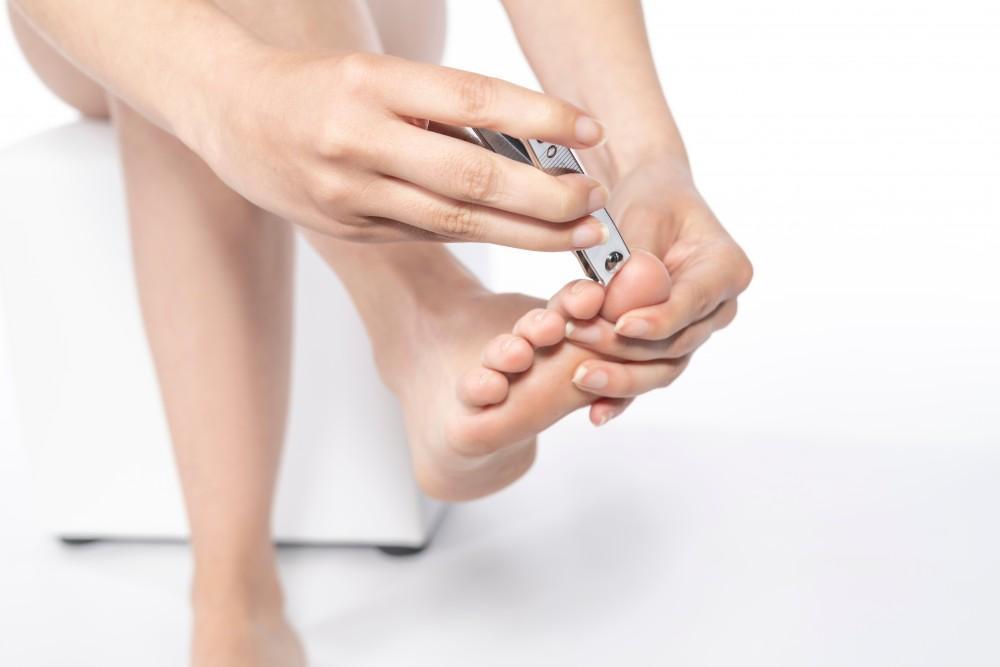
Can Orthotics Treat My Morton’s Neuroma Condition?

From walking to standing, running, jumping, or most any activity you do upright, there’s not much you can do without your feet. But sadly, that also means you’re likely to suffer foot problems, leading to conditions like bunions, ingrown toenails, hammertoes, gout, arthritis, metatarsalgia (stone bruise), plantar fasciitis, and Achilles tendinitis.
Another common foot problem that’s not as well known is Morton’s neuroma. This is a painful ailment that affects the ball of your foot, though it may not show any visible signs. There are things you can do to relieve the pain associated with Morton’s neuroma, and surgery is a possible option, but orthotics are also a way to relieve the symptoms of this condition.
If you live in Cherry Hill, New Jersey, and you're struggling with pain from Morton’s neuroma or other foot conditions, our providers at Family Foot and Ankle Center of South Jersey can help you find relief.
Let’s look at what Morton’s neuroma is, the causes and symptoms, and how orthotics can help.
What is Morton’s neuroma?
Also referred to as interdigital neuroma, this condition is a thickening of the tissue on the digital nerves that lead to your toes.
Your metatarsals (the bones in your feet from your forefoot to your midfoot) have spaces between them called web spaces. There are four of them in each foot, and the common digital plantar nerves on the bottom of your feet pass under the transverse metatarsal ligaments located in the web spaces.
Morton’s neuroma occurs in the space between your third and fourth toe (the third web space) due to irritation, pressure, or trauma to your nerve.
Causes and symptoms
The trauma, irritation, or compression in your nerve related to Morton’s neuroma can be caused by wearing ill-fitting shoes or high heels, foot or gait abnormalities, flat feet, high arches, hammertoes, foot injuries, and bunions.
Repetitive sports activities like running and racquet sports can also lead to this condition, along with sports that require wearing very tight shoes, like ballet and skiing.
Intermittent pain is a common symptom of Morton’s neuroma, which can come in the form of burning in the ball of your foot or the sensation of standing on a pebble or a bunched-up sock. This can cause your toes to tingle or feel numb as the pain radiates and can lead to difficulty walking. It’s also possible to have this condition without pain, but not as common.
What orthotics can do to help
Orthotics are pads and cushions shaped to fit inside your shoes to reduce pressure on your foot and relieve pain from numerous foot problems. For Morton’s neuroma, orthotics can help by changing the location of forces on your forefoot and separating your bones, reducing pressure on your affected nerve.
At Family Foot and Ankle Center of South Jersey, we offer custom orthotics that can help this condition and many other foot problems.
Whether your foot pain is from Morton’s neuroma or something else, we’re here to help get you back on your feet as soon as possible. Call 856-381-0310 to book an appointment today to get the treatment you need for your foot pain.
You Might Also Enjoy...


5 Ways to Keep Your Bunion Pain to a Minimum

Gout: What Is It and How Can I Get Rid of It?

Complications of an Untreated Ankle Sprain

Suspect You’ve Broken Toe? How To Tell and What to Do


